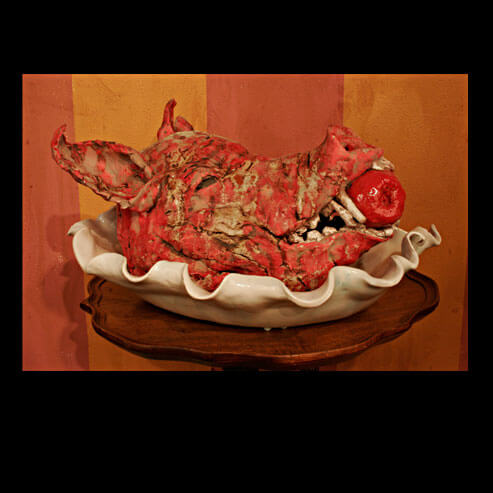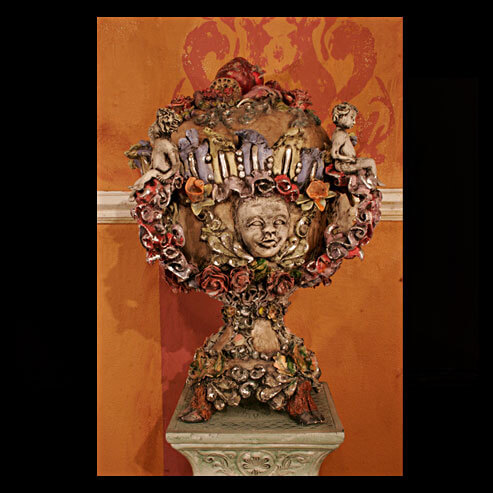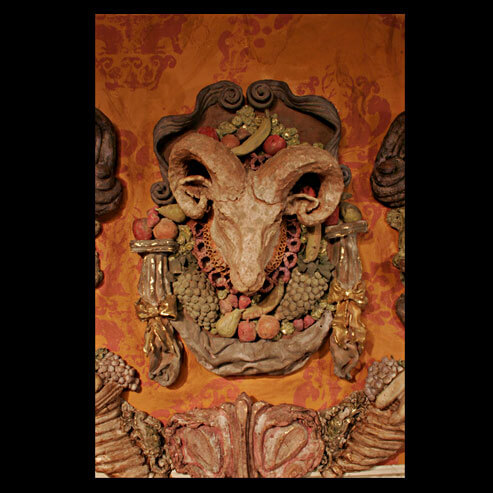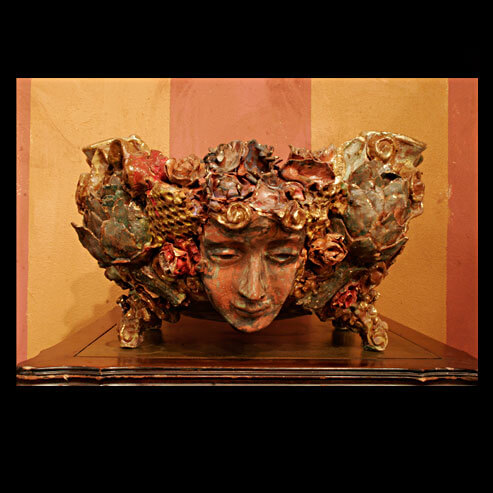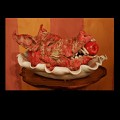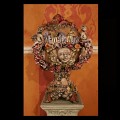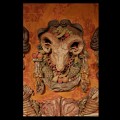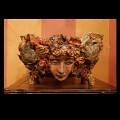
Red Lodge Clay Center – Short-Term Resident 2012
Suzanne Lussier received her BA in Art at Gonzaga University before earning a Masters in Teaching Art at American University and studying as a post baccalaureate student in ceramics at Oregon College of Art and Craft. Suzanne grew up in California surrounded by her extended family. She spent the majority of her free time making art and exploring nature and wildlife in the hills, fields, creeks and orchard surrounding her home.
I create playful, yet somewhat dark and obscure work, attracting individuals to investigate the work further through color, texture and form. I work intuitively, striving to create honest work, which demonstrates evidence of process, irregularities, and intentional flaws. For myself it tells a story, while for others it provides sufficient visual stimulus to guide them in creating their own interpretation or relationship with the objects. My work predisposes the viewer to a specific sort of reception through familiar objects, imagery, and forms. The viewer can then alter or reorient the imagery and decide how it relates to their own story through perception. It is not particularly important that people see or understand what my work is about, but instead I have aimed at empowering the viewer to create their own narrative. I am mostly interested in how the viewer and the art interact with each other.
In both modern and classic mythology animals are often used as stand-ins for humans or human characteristics. As sources and symbols animals represent the mystery and power of the natural world. Some animals protect, some destroy, some nourish. There is often a trickster or mischievous figure which appears in various forms in folktales of many cultural groups. Animals are used to tell how things came to be the way they are. Animals appear in myths and legends as symbols of certain characteristics they are believed to represent.
On hermeneutics and its role in reception theory, Hans-Georg Gadamer states-“all interpretations of past literature arise from a dialogue between past and present. Our attempts to understand a work will depend on the suggestions, which our own cultural environment allows us to raise. Our present perspective always involves a relationship to the past, but at the same time the past can only be grasped through the limited perspective of the present. A hermeneutical notion of understanding does not separate knower and object in the familiar fashion of empirical science; rather it views understanding as a “fusion” of past and present”.

